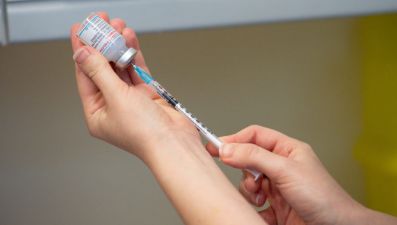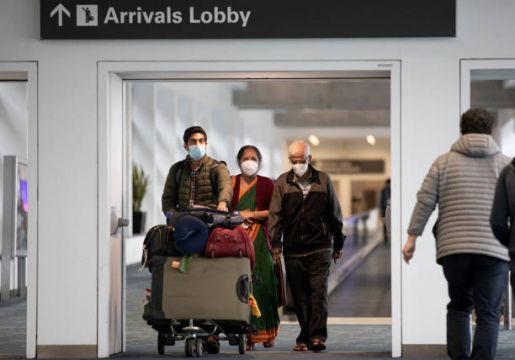As Ireland continues to battle with high Covid-19 case numbers and increased hospitalisations, other countries around the world are facing similar spikes.
What are countries doing to curb the spread of the virus and have they been harsher in terms of restrictions? Here is a rundown of how the rest of the world is dealing with Covid-19...
United States
The U.S. Centers for Disease Control and Prevention advised against travel to the Czech Republic, Hungary and Iceland because of a rising number of Covid-19 cases in those countries.
It comes as the US recently announced that fully vaccinated passengers coming from Europe and other countries around the world will be allowed to enter the US with a proof of vaccine after lengthy travel ban.
Amazon.com Inc has reached a settlement with California to resolve claims it concealed from warehouse workers and local health agencies the numbers of workers being infected with Covid-19, the state's attorney general said.
American Express Co said its U.S. employees working from office need to be fully vaccinated against Covid-19 from November, 18th according to an internal memo seen by Reuters.
Europe
Greek public health sector workers protested in Athens over pay and conditions as hospitals struggled with a new surge in COVID-19 cases and authorities considered further restrictions.
People may soon have to provide a negative Covid-19 test or proof of vaccination or recent recovery, as Germany becomes the latest in Europe to consider drastic steps to tackle a new surge in cases in the region.
Asia
China reported 22 new confirmed coronavirus cases for November 15th compared with 52 a day earlier, its health authority said on Tuesday.
Africa
Nigeria will start a mass Covid-19 vaccination campaign later this week, aiming to inoculate half of its targeted population by the end of January, government officials said.
A ban on public sector employees entering their offices if they are unvaccinated and untested for Covid-19 took effect in Egypt late Monday as the government pushes to accelerate vaccination rates in the final weeks of the year.
Medical developments
Two billion doses of the AstraZeneca-Oxford University Covid-19 vaccine have been supplied worldwide, the Anglo-Swedish drugmaker and its partner said on Tuesday, in just under a year since its first approval.

Dr. Reddy's Laboratories, one of a handful of Indian drug companies licensed to make a new Covid-19 pill developed by Merck, said it was open to making a similar pill from Pfizer, thought to be even more effective.
Economic impact
Australia's central bank board still thinks it likely a rise in interest rates will not be needed until 2024 given inertia in home-grown wages and inflation, even as financial markets price a move as early as next June.
Indonesia's central bank will wait until the end of next year before raising interest rates as it tries to aid the economic recovery from the pandemic, keeping a close watch on any U.S. Federal Reserve policy moves, a Reuters poll found.
The Philippine central bank will hold interest rates steady for more than a year as a sluggish economic recovery keeps a lid on underlying inflation, according to a Reuters poll that had a significant minority of economists expecting a hike by end-2022.







